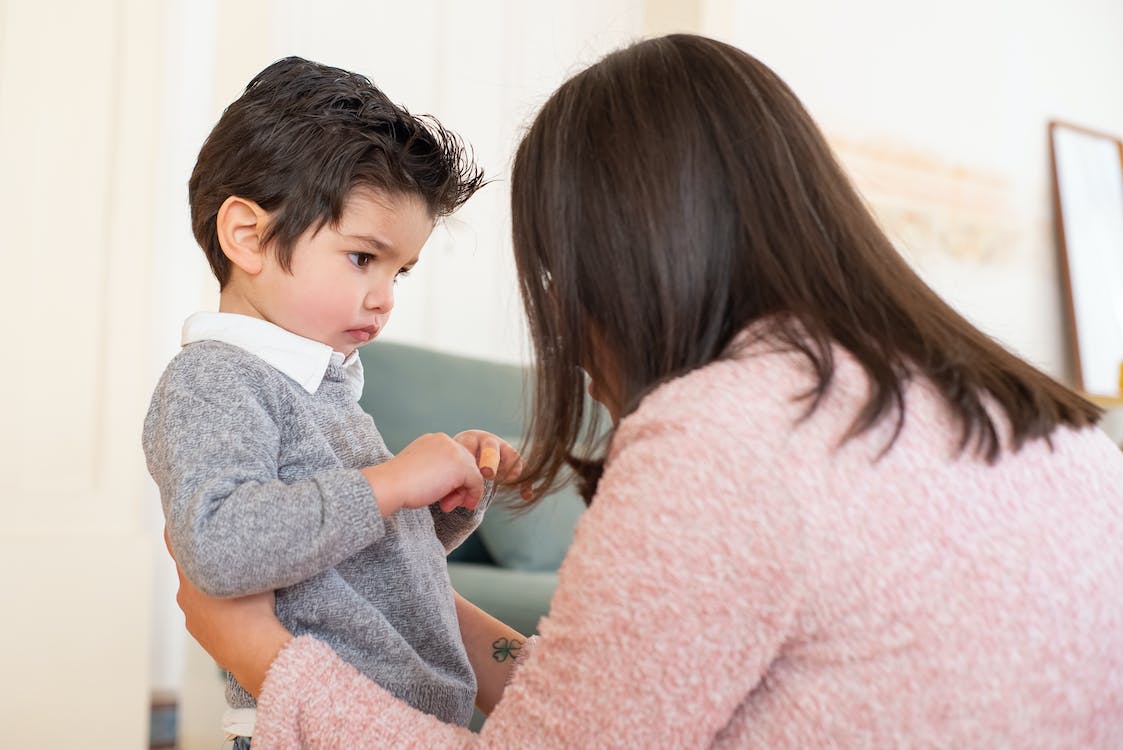Receiving a dementia diagnosis in the family can be an emotional and challenging experience, especially when it comes to explaining the situation to children and teenagers. Open communication and a supportive approach are key to helping young family members understand the changes that lie ahead. Here’s some guidance on how to approach this sensitive conversation and what it means for everyone involved.
1. Choose a Comfortable Setting: Find a quiet and comfortable space where you can talk without distractions. This will help create an environment where children and teenagers feel safe to ask questions and express their feelings.
2. Use Simple and Honest Language: When explaining dementia, use simple and age-appropriate language. You can say that dementia is a condition that affects the brain and memory, making it harder for the person to remember things or do things they used to do. Be honest about the changes they might notice in their loved one’s behavior.
3. Emphasise Unconditional Support: Reassure children and teens that the person with dementia is still the same person they love, even though their behavior might change over time. Explain that their feelings of love and connection remain unchanged.
4. Address Concerns: Encourage them to ask questions and share their feelings. Address any worries they may have and let them know it’s okay to feel a range of emotions.
5. Highlight Teamwork: Explain that dementia is something the family will face together as a team. Assure them that everyone is working together to provide care, comfort, and understanding.
6. Prepare for Changes: Inform them about the potential changes that might occur as the condition progresses. Mention that memory loss and confusion could become more noticeable, and the person might need more help with daily activities.
7. Maintain Routines: Let children and teenagers know that routines will continue to be important. Consistency can help provide a sense of stability during uncertain times.
8. Seek Support: It’s essential to let them know that they’re not alone in this journey. Point out that there are resources and organisations available to offer guidance and assistance.
9. Resources for More Information:
- Alzheimer’s Society: The Alzheimer’s Society provides support and resources for families dealing with dementia. They offer advice on explaining dementia to children and teens. Explore their guidance here: Alzheimer’s Society – Talking to Children and Young People.
- The School Run: Talking to Children About Dementia contains a set of questions and suggested answers to help explain dementia to children.
Navigating a dementia diagnosis within the family is undoubtedly challenging, but fostering open communication and understanding can help children and teenagers cope better. By approaching the conversation with empathy and providing access to reputable resources, you’re setting the foundation for a supportive environment that helps everyone adjust to the changes ahead.






